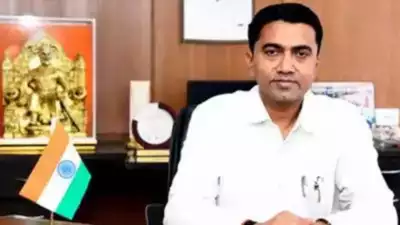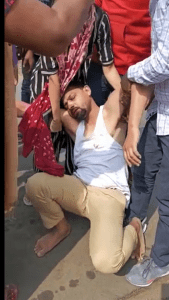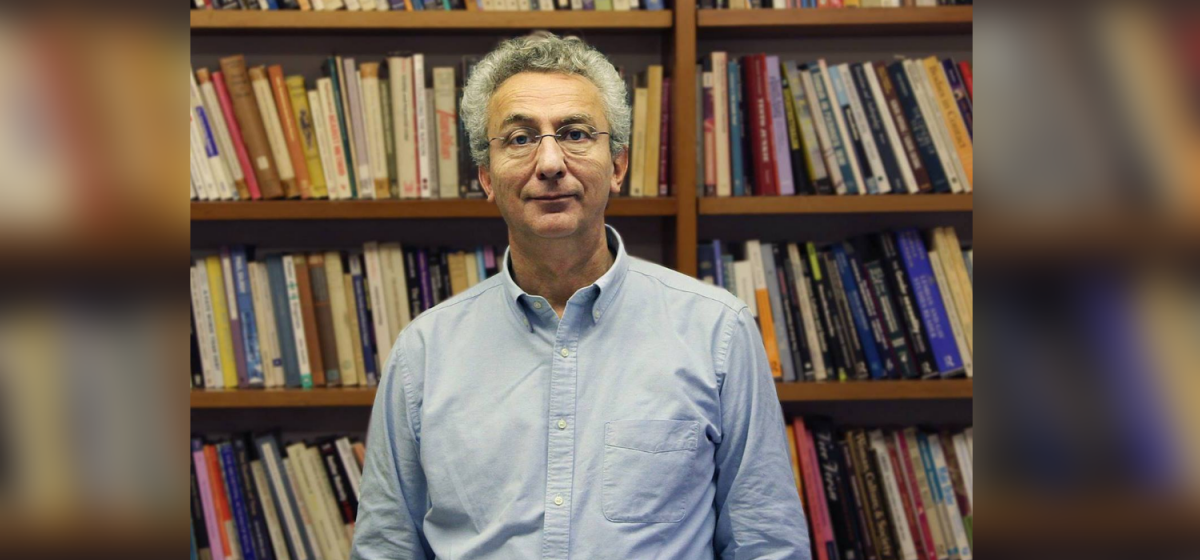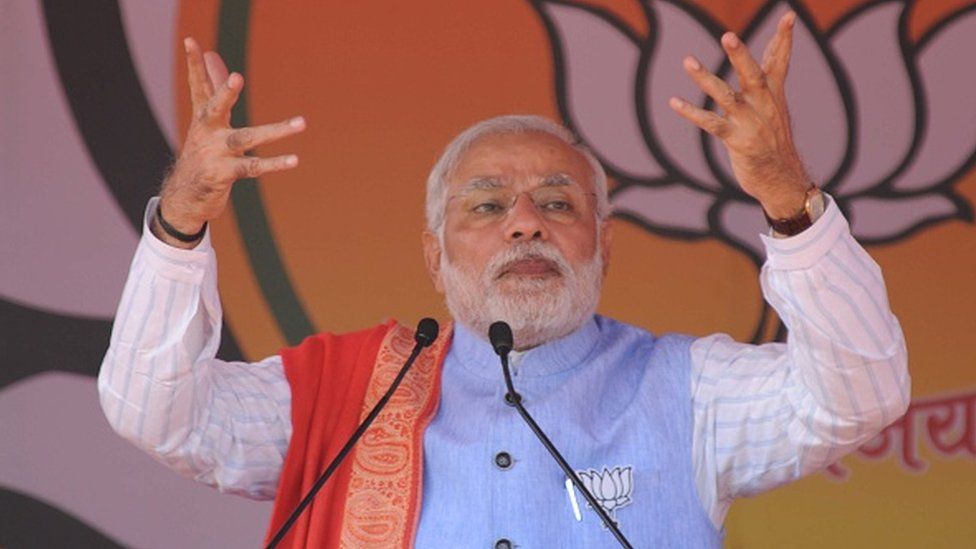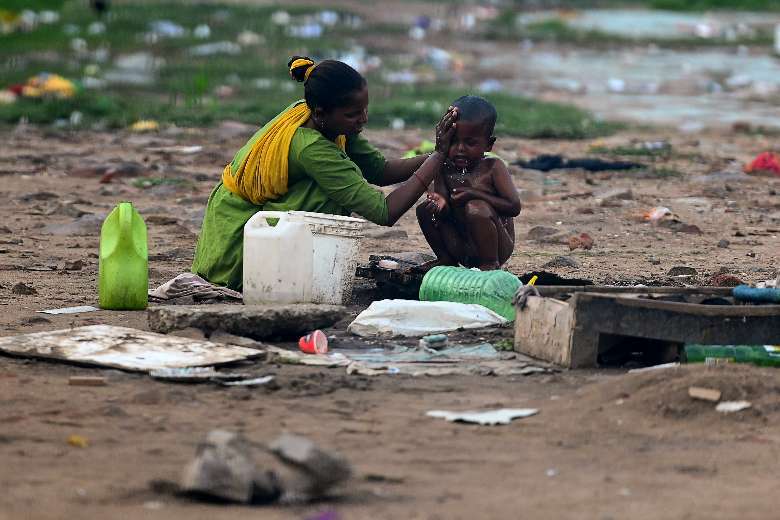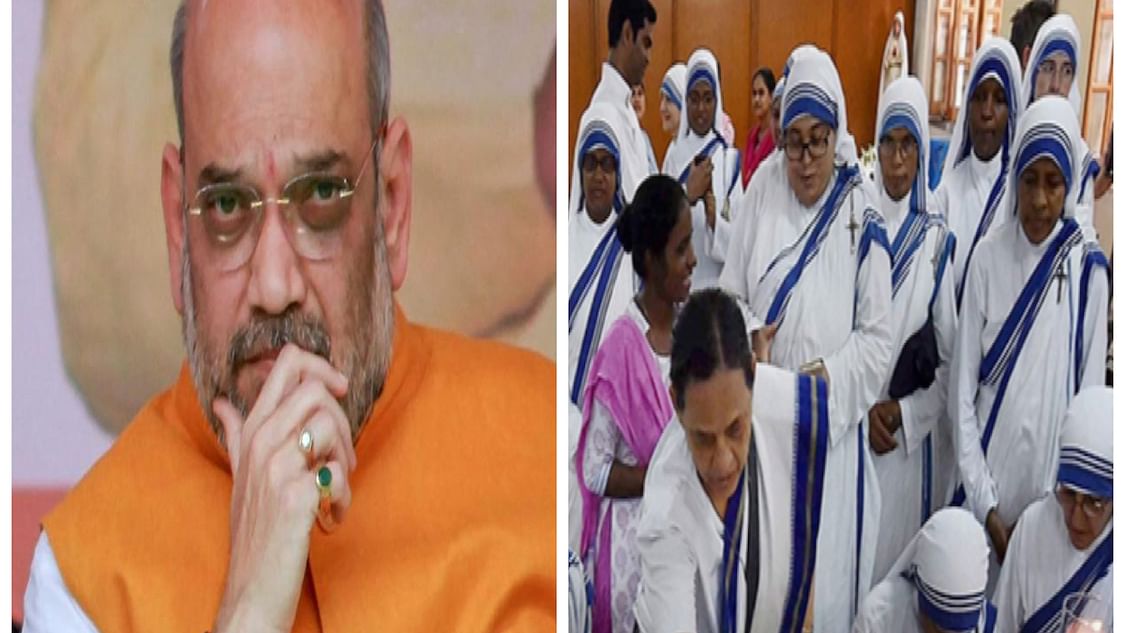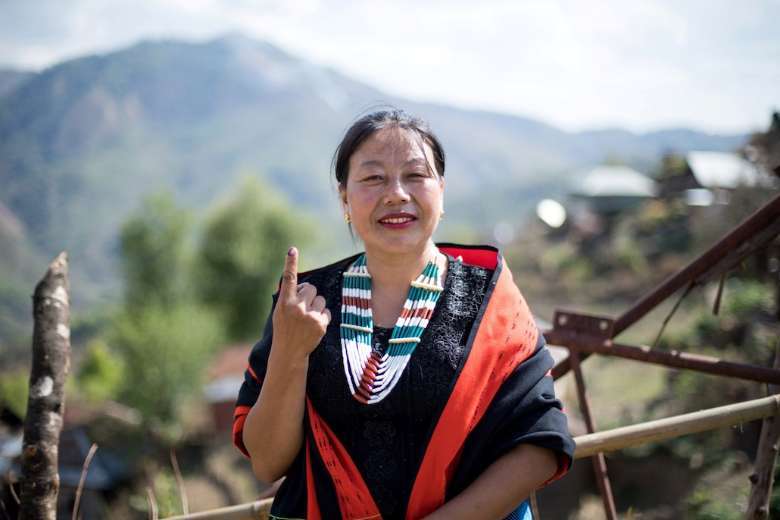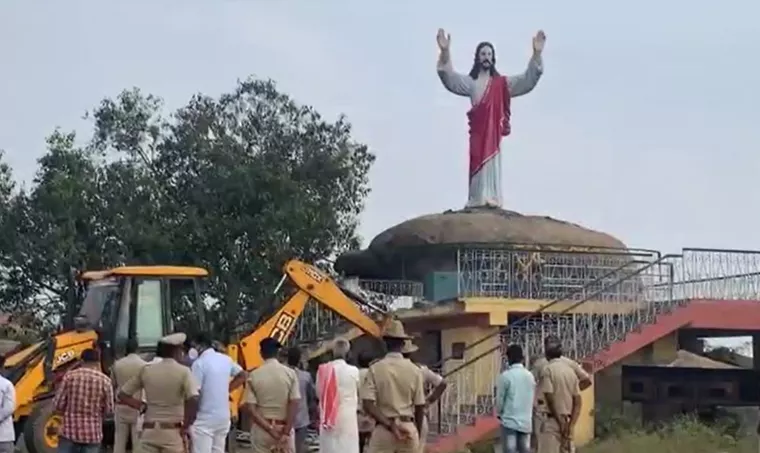Won’t allow religious conversions in Goa: CM Pramod Sawant
Goa CM Pramod Sawant also called upon people to be alert about religious conversions and said, “The temple committees should also keep watch”. PANAJI: Chief minister Pramod Sawant said on Friday that his government would not allow any religious conversions in the state. “In different parts of the state, people are taking advantage of poor belonging to minority and backward communities, who are unemployed and striving for food and doing religious conversions. Such religious conversions should not take place even by mistake and my government will not allow it,” Sawant said at an idol installation ceremony at Kudnem temple in Bicholim taluka. He also called upon people to be alert about religious conversions and said, “The temple committees should also keep watch”. Referring to the Portuguese rule, Sawant said: “Sixty years ago we believed in dev (god), dharma (religion) and desh (nation). It was believed that if god is protected, then religion will be protected and if religion is protected, then nation will be protected. With these sentiments people of Goa migrated to places with the idols of gods.” He said after 60 years, people are once again making an effort to visit the places from where they were displaced, to try and find their
Understanding politics around Anti-conversion Laws in Adivasis dominated states in India
Anti-conversion laws in India, ironically also known as Freedom of Religion Acts, are state-level laws that have been enacted to regulate religious conversion. To date, Ten states out of twenty-eight states have enacted these laws: Orissa, Madhya Pradesh, Arunachal Pradesh, Gujarat, Chhattisgarh, Himachal Pradesh, Uttarakhand, Jharkhand, Uttar Pradesh and Karnataka. Haryana, this February, has introduced an anti-conversion bill in the Assembly. Recently, Manipur has also shown interest in bringing such laws. The majority of these states have a good number of Adivasi/Tribal populations. So it is intriguing to know why these laws are more familiar to Adivasi dominated states?. But in recent years, it is becoming common across the country, especially where BJP is the ruling party. In this piece, my focus is on Adivasi dominated states. Anti-conversion laws are not a new phenomenon in India, it has a history since the colonial time. Around the 1930s and 1940s, some Hindu princely states enacted these laws to preserve Hindu religious identity out of the fear of the British missionaries. The princely states were Kota, Bikaner, Jodhpur, Raigarh, Patna, Surguja, Udaipur, and Kalahandi. In post-colonial India, despite pressure from Hindu groups to introduce anti-conversion laws at the national level, Nehru rejected such
‘Never-Before-Seen Majoritarian Aggression’: English Editorials Call Out BJP-Aided Hatred
Almost all English newspaper editorials in the past three days have focused singularly on communal disharmony – some explicitly pivoting to Blinken's rebuke of India's human rights situation. 'Never-Before-Seen Majoritarian Aggression': English Editorials Call Out BJP-Aided Hatred A collage of English newspaper editorials on hatred and disharmony in India. New Delhi: A day ago, news that the US Secretary of State Antony Blinken had said that the United States was monitoring “a rise in human rights abuses in India by some officials,” was shared widely on social media. “We regularly engage with our Indian partners on these shared values (of human rights) and to that end, we are monitoring some recent concerning developments in India including a rise in human rights abuses by some government, police and prison officials,” Blinken said. News outlets recognised the fact that such a direct rebuke by the US was rare. Several pointed to current events that may have warranted such a comment, even though Blinken did not mention any. Almost all English newspaper editorials in the past three days have focused singularly on communal disharmony – some explicitly pivoting to the Blinken fallout while others have explored the policing of food and the act of policing itself. ‘A constant simmer’ Indian Express
Assaulted Pastor in India Faces Baseless Charges, Death Threats
NEW DELHI (Morning Star News) – Still recovering from injuries at the hands of a Hindu extremist-led mob that beat him unconscious in January, a pastor in central India faces death threats, landlords who refuse to rent to him and baseless charges of forcible conversion, sources said. “Kailash Dudwe was brutally assaulted to the extent of almost being killed, was stripped and paraded on the street with grievous injuries, was hospitalized for a fortnight, a warrant issued against him and sent to jail,” said Anar Singh Jamre, a Christian leader in Pastor Dudwe’s area of Dhar District, Madhya Pradesh. Hindu extremists led a mob of more than 20 people to attack Pastor Dudwe and six other Christians – his wife, a 16-year-old girl and four men – who had gathered to pray at his church site in Kukshi village on Jan. 14, he said. With his 1-year-old baby nearby, the assailants tried to hit his 5-year-old daughter with an iron bar, he said. “My wife caught the rod and stopped it from hitting our daughter,” Pastor Dudwe said. “I still get terrified at the thought of their brutality, that they showed no mercy towards my little girl.” The 16-year-old girl picked up his son
Anthropologist Filippo Osella Deported After Arriving at Kerala Airport; No Reasons Cited. The UK academic, was to attend a conference in India on Friday.
(Read the story on The Wire) New Delhi: Filippo Osella, a well-known anthropologist and sociologist, who arrived at Thiruvananthapuram international airport from the UK on Thursday, March 24, morning to attend a conference in the city was deported to his home country with authorities specifying no particular reason for the same, Indian Express has reported. Osella, who has carried out extensive research on social and cultural transformations in Kerala over the last 30 years, was touted as the face of the conference to be held on Friday in the city on “emerging themes connected to the livelihood and lifeworld of Kerala coastal communities”. When asked about Osella’s deportation, an immigration officer at the Foreigners Regional Registration Officers (FRROs) in Thiruvananthapuram airport said the reason for his deportation cannot be revealed. “He was denied entry as per the orders from higher officials. No reason can be revealed,” the officer said. According to Osella, he was told to contact flight assistants when he reached Thiruvananthapuram airport on an Emirates flight on Thursday morning. He was then led to a person who was waiting for him outside. “I was taken to the immigration desks, and processed as it is normally done. But after they scanned my passport, took my
Father Stan’s death a ‘stain forever’ on India’s rights record. UN group calls for an effective investigation into the elderly Jesuit priest’s custodial death
(Read it on UCANEWS) The Indian government has been urged to hold an independent probe into the arrest and custodial death of Father Stan Swamy, an Indian Jesuit priest and human rights activist. The United Nations Working Group on Arbitrary Detention called Father Swamy’s tragic death while in custody a “failure” on the part of India’s government that would “forever remain a stain” on the country’s human rights record while referring the case to the special rapporteur on the promotion and protection of the right to freedom of opinion and expression. The UN body in a resolution adopted recently urged India “to ensure a full and independent investigation of the circumstances surrounding the arbitrary deprivation of liberty of Father Swamy and to take appropriate measures against those responsible for the violation of his rights.” Father Swamy, 84, died on July 5, 2021, within a couple of days of his health deteriorating at a Catholic-managed hospital in Mumbai, the capital of the western Indian state of Maharashtra. He was jailed on Oct. 9, 2020, after being arrested by the National Investigation Agency (NIA), India’s premier anti-terror agency, from his home in Ranchi, the capital of Jharkhand state in eastern India. He was among 16 accused put behind
India clarifies denial of foreign funds license to UK based OXFAM.
(Read it on UCANEWS) The Indian government has admitted to having shared with the UK the details of the status of Oxfam India’s application for renewal of its license for receiving and using foreign funds in the country. “The government of the United Kingdom raised the issue of the status of Oxfam India under the Foreign Contribution (Regulation) Act, 2010, during the bilateral dialogue held on February 10,” Federal Junior Home Minister Nityanand Rai told the Lok Sabha, the lower house of parliament, on March 15. The minister said India had shared details with the UK while explaining that the renewal application was rejected as it “did not fulfill the eligibility criteria specified in the FCRA and rules made thereunder.” Oxfam India is an autonomous Indian organization that is part of a global confederation of 21 Oxfams across the world. It is registered as a non-profit organization under provisions of the Indian Companies Act, 2013. In December 2021, the organization was refused renewal of its FCRA license, which is mandatory for receiving foreign donations, along with a plethora of other institutions like the Indian Institute of Technology (Delhi), Indira Gandhi National Centre for Arts, Indian Institute of Public Administration, Nehru Museum, Goa Football Association and
Indian government’s witch-hunt against Mother Teresa nuns falls apart. The charge of religious conversion was without substance and will not be pursued, prosecution tells court in Gujarat
The much-publicized case of religious conversion against Missionaries of Charity (MC) nuns in India’s western state of Gujarat has come a cropper with the prosecution admitting there was no serious basis to proceed against them. The prosecution gave a written undertaking to a court in Vadorara city that it would not pursue the case any further, although the first information report written by police to set the investigation in motion has yet to be quashed. The prosecution’s undertaking meant an end to the adverse publicity and unnecessary harassment of the nuns from the Kolkata-based organization founded by Mother Teresa which ran a shelter home for the destitute in Vadodara. In a related development, the court also dropped the hearing of an anticipatory bail application filed by two MC nuns, who did not want to be identified, ending their nearly three-month ordeal to avoid likely arrest for a crime they never committed. “Indeed it is happy news and vindication of our stand from the very beginning,” said Father Cedric Prakash, a Jesuit priest and rights activist based in Gujarat. He confirmed that the local court decided to drop the legal proceedings on March 3 after the government prosecutor admitted in writing that there was no serious
Indian PM’s party keen to retain power in Christian stronghold
Pro-Hindu BJP seeks to woo voters in cash-strapped Manipur state 03/04/2022: State elections in Christian stronghold Manipur kicked off the polling season with Indian Prime Minister Narendra Modi’s pro-Hindu Bharatiya Janata Party (BJP) vowing to retain power. In the first phase that began on Feb. 28, elections were held for 40 seats, while polling for 20 constituencies in the hilly northeastern region will be held on March 5. Initially, the first phase of voting was slated for Sunday, Feb. 27, but following protests from Christian leaders it was rescheduled to Feb. 28. According to the last official census, Christians make up 41.29 percent of Manipur's population and Hindus marginally more at 41.39 percent. Muslims represent 8.4 percent. However, Christians have a decisive say in 20 of the 60 seats in the hill state. In the remaining 40, native Meitei Hindus hold sway. The BJP bagged a mere 21 seats in the 2017 elections. The Hindu party then came to power by forming an alliance with two smaller parties — the National People's Party and the Naga People's Front. The latter is essentially based out of neighboring Nagaland and draws its strength from the Christian Naga population. Elections in Manipur and other northeastern states are guided by one
20-foot tall Jesus statue destroyed by gov’t in India after Hindu nationalists complain
Authorities in India’s southern state of Karnataka demolished a 20-foot-tall statue of Jesus, which had been standing in the village for 18 years, claiming it was built on land earmarked by the government for an animal pasture. The administration in the Kolar district said last week’s demolition of the statue next to St. Francis Xavier’s Church in Gokunte village. The Karnataka High Court had ordered the destruction, but local Christian leaders said the case was still pending. Bengaluru Archbishop Peter Machado condemned the statue's demolition, stating that the church possessed ownership documents for the land where the statue sat. According to Machado, church leaders tried to work with authorities to save the structure, but local authorities were uncooperative. “It is sad to note that yet another ruthless demolition of a Christian Structure, which included a 20- feet Statue of Jesus and 14 Stations of Cross was carried out by the taluka authorities in a Christian Village, Gokunte, in Kolar, a District of Karnataka touching the border of Andhra,” Machado announced in a statement. “Though the Church has documents of the two acres of the land where these structures were located, the local authorities considered them as not proper or incomplete. The matter is still being





